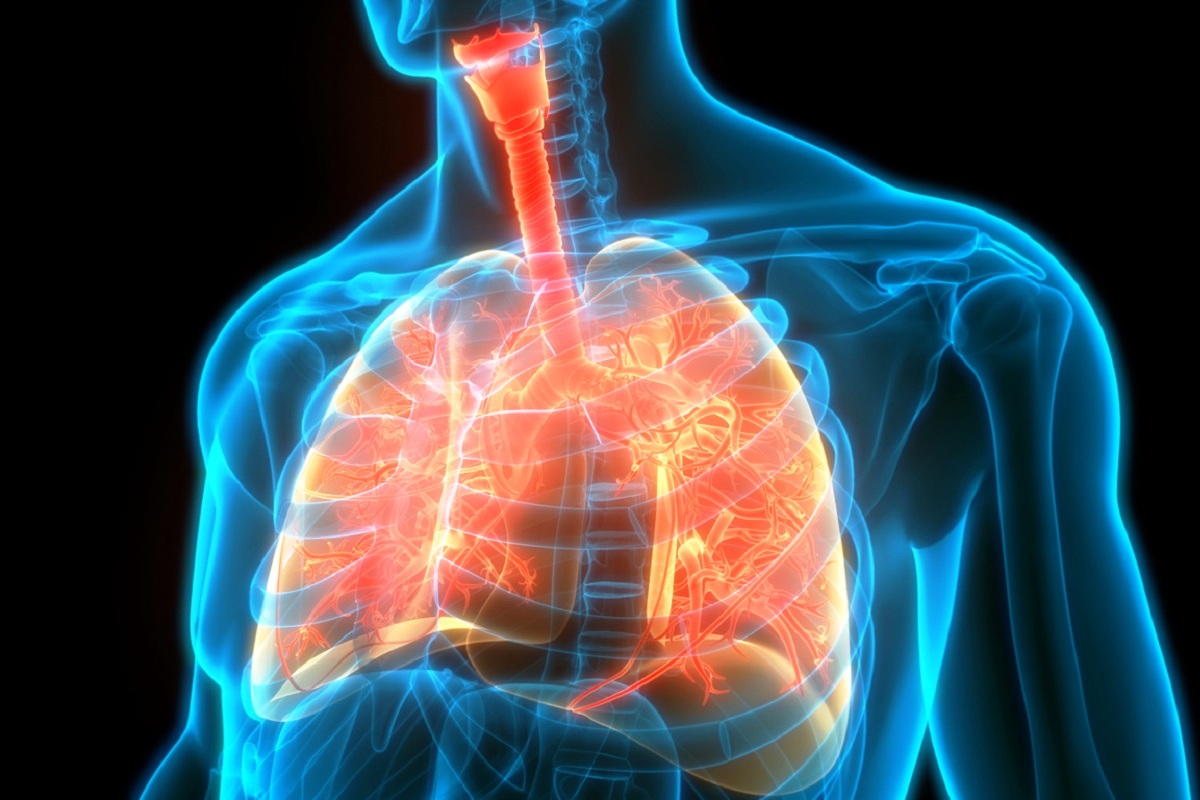World must seek the path of peace
These times of an escalating environmental crisis are supposed to be times of increasing peace and international cooperation as without this it is impossible to resolve the life-threatening environmental problems.

(Representational Image: iStock)
Children and adults living with lung conditions, such as asthma and chronic obstructive pulmonary disease (COPD), face even greater risks from climate change, according to a report on Monday.
The report, published in the European Respiratory Journal, brings together evidence on how the effects of climate change, such as heatwaves, wildfires and flooding, will exacerbate breathing difficulties for millions of people around the world, particularly babies, young children and the elderly.
“Climate change affects everyone’s health, but arguably, respiratory patients are among the most vulnerable. These are people who already experience breathing difficulties and they are far more sensitive to our changing climate. Their symptoms will become worse, and for some this will be fatal,” said Professor Zorana Jovanovic Andersen, Chair of the European Respiratory Society’s Environment and Health Committee.
Advertisement
“Air pollution is already damaging our lungs. Now the effects of climate change are becoming a major threat to respiratory patients,” she added.
According to the report, these effects include higher temperatures and a subsequent increase in airborne allergens, such as pollen.
They also include more frequent extreme weather events such as heatwaves, droughts and wildfires, leading to episodes of extreme air pollution and dust storms, as well as heavy rainfall and flooding, leading to higher humidity and mold in the home.
The report particularly highlights the extra risk to babies and children, whose lungs are still developing.
This year, new records have been set for high temperatures around the world, and Europe has experienced heatwaves, devastating wildfires, rainstorms and flooding.
“As respiratory doctors and nurses, we need to be aware of these new risks and do all we can to help alleviate patients’ suffering,” Professor Andersen said.
“We also need to explain the risks to our patients so they can protect themselves from adverse effects of climate change.”
Professor Andersen said that the current limits are outdated and fail to protect the health of people around the globe.
She called for ambitious new air quality standards to ensure cleaner air and better health.
“We all need to breathe clean, safe air. That means we need action from policy makers to mitigate impacts of climate change on our planet and our health,” Professor Andersen said.
Advertisement